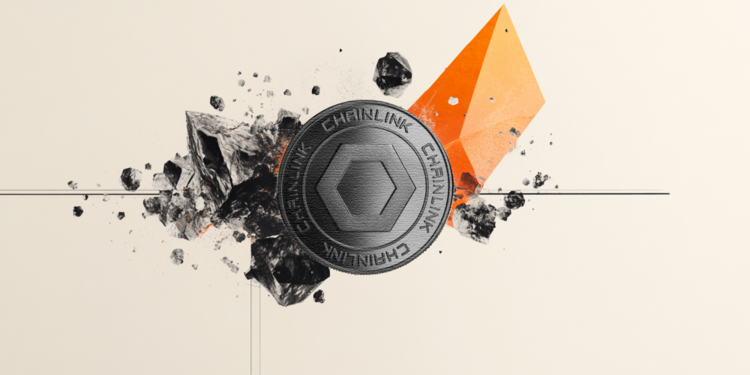Robinhood Offering OpenAI and SpaceX Stock Tokens
:max_bytes(150000):strip_icc()/GettyImages-2218344211-280e2c7f558649beade9fbda99f83b39.jpg)
Robinhood Markets recently unveiled a new offering for its eligible European users: the option to trade “stock tokens” and receive small, tokenized stakes in high-profile private companies, specifically OpenAI and SpaceX. This innovative initiative immediately sparked controversy, particularly from OpenAI, which swiftly disavowed any partnership or endorsement, stating emphatically, “These 'OpenAI tokens' are not OpenAI equity. We did not partner with Robinhood, were not involved in this, and do not endorse it.” The artificial intelligence company urged investors to exercise caution regarding the offering.
In response to the disavowal, Robinhood CEO Vlad Tenev clarified that while the tokens are not 'technically equity,' as detailed in their terms, they are designed to provide retail investors with effective exposure to these private assets. A company spokesperson further elaborated that the tokens facilitate “indirect exposure” enabled by Robinhood’s ownership stake in a special purpose vehicle. Elon Musk, CEO of SpaceX, has remained publicly silent on the token offering for his company, though he did take the opportunity to criticize OpenAI’s initial statement, remarking, “Your 'equity' is fake,” in a jab at his former collaborator.
So, if not traditional equity, what exactly are stock tokens? Essentially, they function as the blockchain equivalent of equity, signifying a transferable ownership stake in a company. However, they diverge from conventional stock in several key aspects. Firstly, stock tokens are traded on a blockchain rather than traditional public exchanges. Secondly, investors can store these tokens directly in their personal digital wallets, bypassing the need for a custodian like a brokerage. Thirdly, their on-chain nature allows them to be integrated into other decentralized finance (DeFi) activities, such as staking, potentially offering additional utility.
The proponents of stock tokenization, led by Robinhood’s Tenev, highlight several advantages. The direct ownership by investors provides greater flexibility in trading. For instance, stock held independently of a brokerage can still be traded even if that broker experiences technical difficulties, allowing urgent sell orders to be rerouted. The decentralized nature of blockchain technology also holds the promise of enabling 24/7 stock trading, as long as blockchain transactions are being processed, eliminating the constraints of fixed operating hours for exchanges and clearinghouses. Furthermore, tokenization opens up possibilities for investors to use their stock as collateral in lending pools or for staking, thereby creating additional avenues for passive income.
The decision to launch tokenized private company stock exclusively in Europe stems from the differing regulatory landscapes. In the United States, private markets are generally restricted to “accredited investors” – individuals or businesses deemed wealthy or sophisticated enough to not require the same level of regulatory protection afforded to public markets. Public companies are mandated by the Securities and Exchange Commission (SEC) to provide regular financial disclosures and material business updates, whereas private companies operate under less stringent disclosure rules. These distinctions are based on the assumption that accredited investors possess the financial capacity and knowledge to absorb the increased risks associated with private investments.
The question of whether tokenization will eventually be introduced in the U.S. remains. Tenev has expressed his ambition to democratize access to private markets for retail investors, stating that tokenizing private-company stock would enable everyday investors to participate in the early growth phases of leading companies before they achieve massive public valuations. This vision directly addresses the current system where the substantial gains from early investment often accrue primarily to the wealthy and well-connected. While acknowledging that public disclosure rules serve to protect retail investors from fraud and aid informed decision-making, Tenev believes stock tokens could become available in the U.S. without new legislation. He has reportedly engaged in discussions with the SEC's Crypto Task Force, indicating a potential path forward for this innovative financial product.








